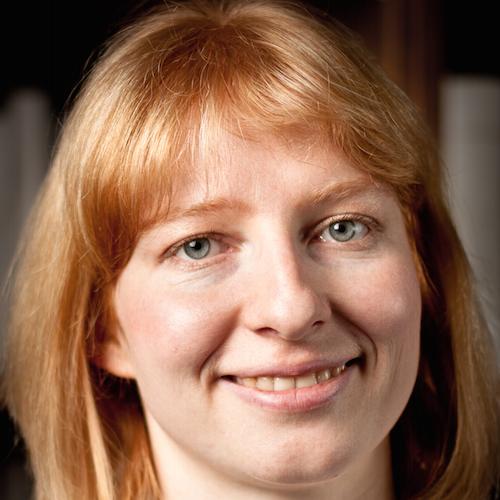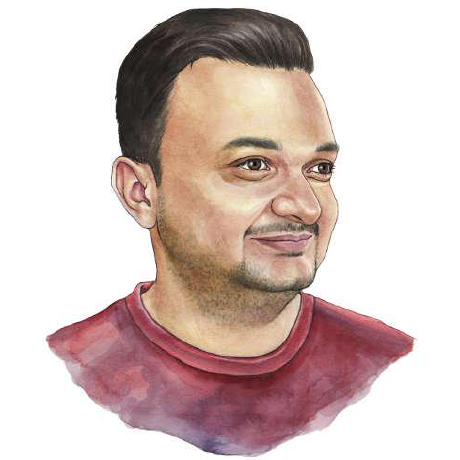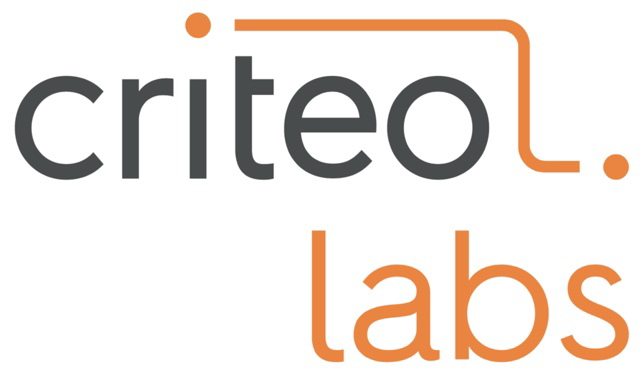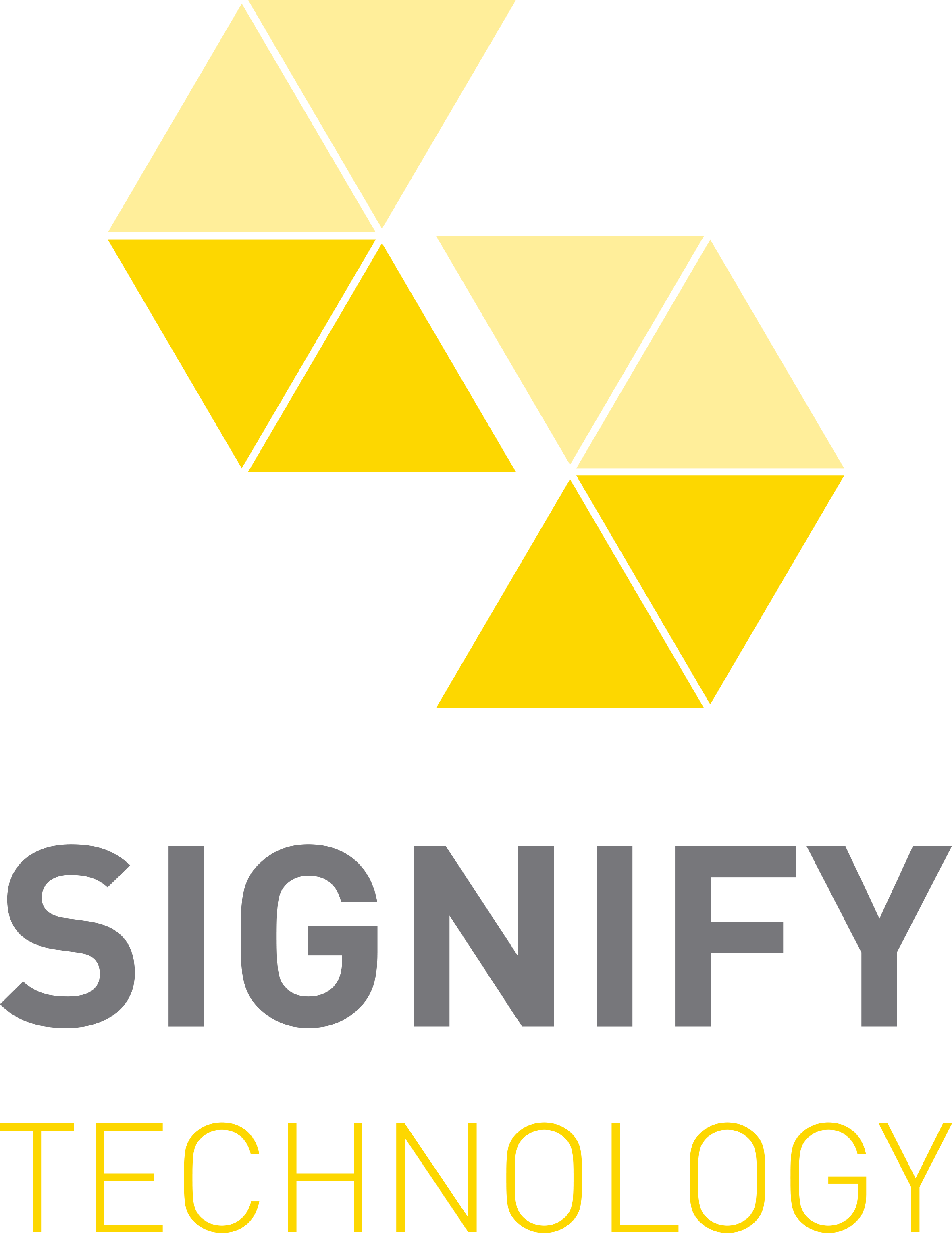Typelevel Summit Berlin
on May 18, 2018 at Zalando, Zeughofstraße 1, Berlin

About the Summit
The sixth Typelevel Summit will once again happen after the Scala conference: Scala Days, in the same city!
The Summits are open to all, not just current contributors to and users of the Typelevel projects, and we are especially keen to encourage participation from people who are new to them. Whilst many of the Typelevel projects use somewhat “advanced” Scala, they are a lot more approachable than many people think, and a major part of Typelevel’s mission is to make the ideas they embody much more widely accessible. If you’re interested in types and pure functional programming we’d love to see you here!
This is a community conference and we strive to make it an inclusive and fulfilling event for all participants. All attendees, speakers, and organizers must abide by the Typelevel Code of Conduct.
Special thanks go to Zalando who kindly provide the venue.
Speakers and Schedule
| Time | Talk |
|---|---|
| 8:15 |
Registration |
| 9:00 |
Opening Remarks |
| 9:05 |
Keynote: Just the right kind of Consistency!
You need a data store that allows for high throughput and availability, while supporting consistency patterns referential integrity, numerical invariants, or atomic updates? Current designs for data storage forces application developers to decide ... More |
| 10:00 |
Break |
| 10:20 |
A Fistful of Functors
Functors show up everywhere in our day-to-day programming. They're so common, we take them for granted - especially in typed functional programming. Beside being common, they're incredibly useful for code reuse. However, functors have several rela... More |
| 10:55 |
Cancelable IO
Task / IO data types have been ported in Scala, inspired by Haskell's monadic IO and are surging in popularity due to the need in functional programming for referential transparency, but also because controlling side effects by means of lawful, FP... More |
| 11:30 |
Break |
| 11:50 |
Legacy Engineering: Making Criteo Functional
Criteo uses a lot of Scala in its code-base. Historically for big data stuff using the usual suspects Spark & Scalding, but more and more for application development. A few Typelevel projects started to appear in our code base as developers starte... More |
| 12:10 |
Introducing namespaces into SQL result sets using nested structural types
Many modern programming languages support decent namespaces. Namespaces are commonly structured hierarchies. We bring this power to a database query language, using nested structural types. For this purpose, we hijack table aliases: given a tabl... More |
| 12:45 |
Lunch Break |
| 14:15 |
Healthy Minds in a Healthy Community
Open source communities attract and boast passionate, idealistic people, and many of us invest copious amounts of time and effort to contribute to our projects and support our communities. This underlying emotional attachment can make us more vuln... More |
| 14:50 |
Typedapi: Define your API on the type level
Have you ever thought “I really like Haskell’s Servant. Why don’t we have something like that in Scala?” or “Why can't I just define my APIs as types and Scala does the heavy lifting?”? If so, this talk is made for you. I will tell you a short st... More |
| 15:10 |
Break |
| 15:30 |
An Intuitive Guide to Combining Free Monad and Free Applicative
The usage of Free Monads is becoming more well understood, however the lesser known Free Applicative is still somewhat of a mystery to the average Scala developer. In this talk I will explain how you can combine the power of both these constructs ... More |
| 16:05 |
Laws for Free
Everyone that uses a functional programming library like cats is aware of the methods that each type class adds and also the properties that the methods need to abide by. But in practice, the properties are not always proved, rather testing that t... More |
| 16:25 |
Break |
| 16:45 |
Lifting Data Structures to the Type-level
In this talk, I will give a fast-paced tour of how various features of the Scala type system, many of them under-explored, can be harnessed to construct type-level representations of a number of different datatypes in Scala. The type system offers... More |
| 17:20 |
Non-academic functional Workflows
In this talk I want to report about how we used cats to build a domain specific language that enables us to compile workflows into later executable programs. We started with the idea of having a possibility to combine the multiple unconnected tool... More |
| 17:40 |
Closing Remarks |
Venue
This event will take place at Zalando.
Co-located Event
The Scala Center will organize a co-located event with roundtables of project maintainers. Note that because the space is limited, tickets are not on sale for this event. To register interest, please get in touch via email.
Sponsors
We’d like to thank all our sponsors who help to make the Summit happen:















